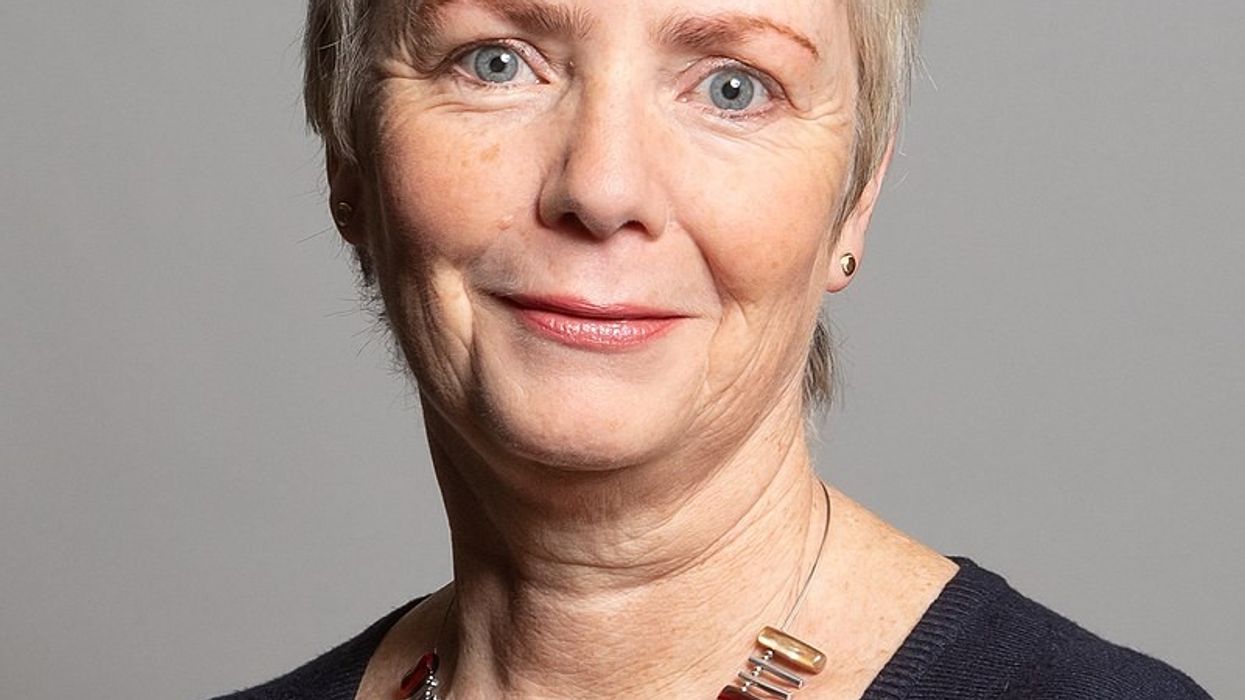DHSC welcomes newly appointed pro-pharmacy health ministers through announcement posts on social platform
Change is sweeping through Westminster as the newly elected Labour government makes strategic cabinet appointments following their landslide victory in the general election held on Thursday, July 4.
With Sir Keir Starmer stepping in as the new Prime Minister and Wes Streeting assuming the Secretary of State for Health and Social Care role, the announcement of Karin Smyth and Stephen Kinnock as health ministers on Monday marked a pivotal moment in Labour's healthcare agenda.
Who is the new Minister of State for Health?
Karin Smyth, the Labour MP for Bristol South, has been appointed as Minister of State for Health.
Smyth has a robust background in healthcare, having served as a shadow spokesperson on health since December 2021.
Her previous roles include Shadow Minister for Northern Ireland and Shadow Deputy Leader of the House of Commons.
Before her parliamentary career, Smyth worked as an NHS Manager and held a non-executive director position at an NHS Trust.
She also participates actively in various parliamentary groups, focusing on health, apprenticeships, and safety.
Previously, Smyth has strongly advocated for community pharmacies, emphasising their role in her constituency, Bristol South, and across England.
In a blog post earlier this year, she praised the conservative government's new Pharmacy First scheme that allows local pharmacists to prescribe for seven common conditions.
Smyth has been a vocal supporter of expanding community pharmacy services, seeing firsthand the benefits through pilot schemes in Bristol.
In a House of Commons debate last year, Smyth along with researchers and pharmacy leaders called on the government to make community pharmacy a fundamental part of clinical services.
"Pharmacies are often in areas of high deprivation. I have one in particular that I’ve supported for many years, there’s virtually nothing else in that particular area," she said during the parliamentary debate.
"They provide a valuable service not just for medication, but actually for all sorts of other services.
“Pharmacies are absolutely front and centre of our plans because people should be able to access a pharmacy that has well-qualified clinicians, and support staff to help them with various problems.
“It’s not just about freeing time for GPs, it is about recognising where the right skills are and joining up healthcare services across the community.”
Following her victory in Bristol South with a decisive total of 18,521 votes, Karin Smyth took to social media platform X (formerly Twitter) to express gratitude and commitment to her constituents:
"I know about the hardship that people have encountered in the last 14 years. I know some believe that things can’t get better. That changes from today. This Labour government will rebuild hope in a brighter future for Bristol South.
"Thank you for putting your trust in me again as your MP. It is a huge responsibility, and one I never take lightly."
Who Is the New Minister of State for Care?
Moreover, Stephen Kinnock, the Labour MP for Aberavon, also a pro-pharmacy leader, has been appointed as the Minister of State for Care.
Although new to this portfolio, Kinnock brings personal experience to the role, having witnessed the effects of dementia firsthand with his mother, Glennys Kinnock, who passed away from Alzheimer’s Disease in 2023.
In 2016, Kinnock took proactive steps by nominating a local pharmacy to conduct diabetes testing during Diabetes Awareness Week.
His previous shadow ministerial roles included oversight of the Asia and Pacific region, the armed forces, and immigration.
Kinnock's new role will focus on adult social care, an area of increasing importance given the UK's aging population and the ongoing challenges in providing adequate care services.
The Department of Health and Social Care (DHSC) welcomed both appointments on social media, highlighting the expertise and passion both ministers bring to their new roles.












